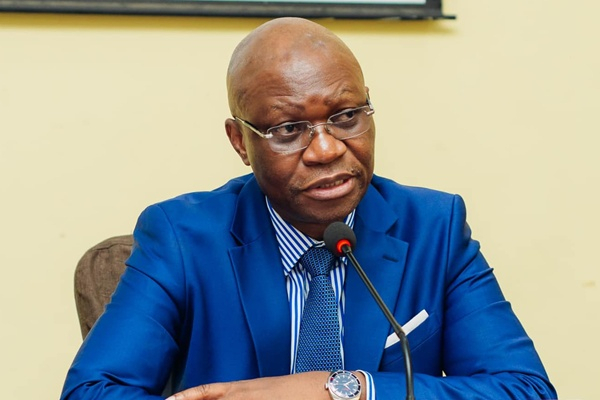The Democratic Republic of Congo will introduce a 2% tax on imported goods to fund its universal healthcare program. Food and agricultural products will be exempt. Health Minister Roger Kamba announced the measure on July 14 and said Prime Minister Judith Suminwa is expected to sign the decree this week.
The tax aims to provide steady funding for the country’s under-resourced healthcare system, which has faced repeated budget shortfalls due to competing security priorities, especially in eastern DRC. Revenues will go directly to the national Health Promotion Fund, which manages drug procurement, hospital renovations, and equipment upgrades nationwide.
Minister Kamba said the new tax is a structural response to the unstable and often insufficient budget support from the national treasury. In addition to the import levy, a second funding mechanism was recently approved by the National Labor Council, which includes unions, employers, and the government. It introduces a 2.5% health contribution based on gross salary—0.5% paid by workers and 2% by employers. For those earning the recently raised minimum wage of $130, this equates to a monthly contribution of $3 by employees and $13 by employers.
The minister said both measures will help ensure long-term financing for the country’s universal health coverage (UHC) goals. The current program, launched in September 2023, offers free childbirth services in public hospitals. Future expansion is expected to cover more services as funding grows. The UHC initiative is part of a national plan to make healthcare a guaranteed right for all Congolese citizens.
Ronsard Luabeya, intern










